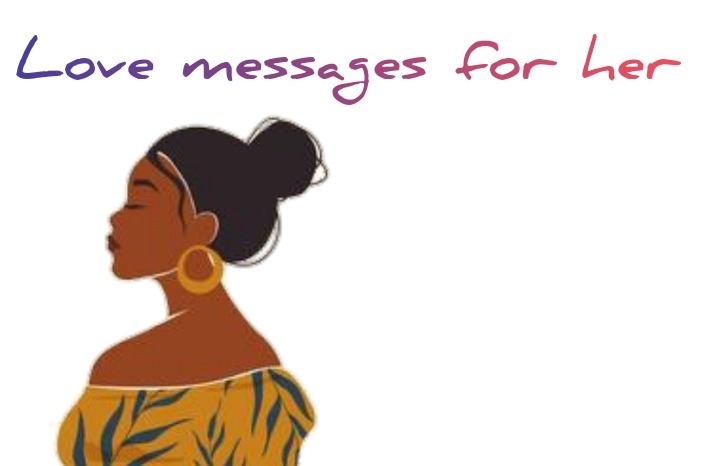How Are You Doing, Really?
The first day I arrived in Calabar, I took a Bolt drive. I had just left the NYSC orientation camp, stepping into the next uncertain chapter of my service year. My heart carried a strange mix of emotions—anticipation, anxiety, a tinge of excitement, and an overwhelming sense of being unprepared.

As I settled into the front seat after stuffing my luggage in the trunk of the black Camry, the driver glanced at me as he drove and asked, “How are you doing?”
A simple question. One we hear every day. One we answer without thinking. But that day, I decided to do something different. Instead of the usual auto-pilot response—”I’m fine, thanks”—I chose to be honest. After all, I’d probably never see this man again, and most people don’t really care to hear the truth. So why not? Just for a change.
“To be honest,” I began, “I’m not doing too well. I feel anxious, bewildered, maybe even a little scared. I just left camp, and now I have to start life in a strange place where I barely know anyone. I don’t know what my PPA (Place of Primary Assignment) will be like. Will I fit in? Will I struggle? It’s a lot. And honestly, I’ve been feeling kind of tired, both mentally and physically…” On and on I ranted.
These words poured out before I could stop them. I wasn’t looking for sympathy. I wasn’t even expecting a conversation. I just wanted to say it out loud. To break the cycle of the scripted “I’m fine.”
The driver, a middle-aged man with tired eyes and a friendly smile, chuckled softly. He glanced at me again and said, “Next time someone asks how you’re doing, just say fine.”
That was it. Simple. Matter-of-fact. No words of comfort, no deep advice—just a gentle reminder of an unspoken truth: most people don’t really want to hear the real answer.
The Unspoken Reality
Think about it. When was the last time someone asked how you were doing, and you answered with brutal honesty? When was the last time you asked someone the same question and actually wanted a full, unfiltered response?
Society has conditioned us to use “How are you?” as nothing more than a greeting, a formality, a polite obligation. The expected answer is always some variation of “I’m fine,” “I’m good,” or “Can’t complain.” Anything deeper makes people uncomfortable. It forces them into a space they may not be ready for.
And yet, beneath the surface, so many of us are carrying things too heavy for a simple “fine.” We’re exhausted, overwhelmed, stressed, or even battling silent struggles that no one sees. But we don’t talk about it. We mask it with small talk, routine, and forced smiles because that’s just how the world works.
The Weight of Suppressed Emotions
Imagine someone drowning in a pool, (something Iv had the unfortunate privilege of experiencing) but instead of screaming for help, they wave and smile at the lifeguard. Sounds ridiculous, right? But that’s what we do every day. We suppress our emotions because vulnerability is uncomfortable—not just for us, but for those around us.
I remember a friend telling me about how she once admitted to her parents that she was struggling with depression and felt su!c!dal. Her parents dismissed her… Mockingly telling her: “What have you experienced in life that you are talking about depression?” It’s not that her parents are devils; they simply didn’t know how to respond. They weren’t expecting—or prepared—for real honesty.
So, What Do We Do?
I get it. We can’t always pour our hearts out to strangers or casual acquaintances. But maybe we can start by checking in on the people who matter. Really checking in. Asking “How are you doing?” and meaning it. Being okay with uncomfortable truths. Listening without rushing to fix, dismiss, or minimize someone’s feelings.
And maybe, we can find a few safe spaces where we can be honest too. Friends who truly listen. Journals that hold our raw thoughts. Therapy sessions that don’t judge. Even moments of self-reflection where we allow ourselves to sit with our emotions instead of burying them.
The world may not always be ready for the real answer, but that doesn’t mean we should always be silent.
So, let me ask you again: How are you doing, really?. Let’s hear you out in the comment section.






